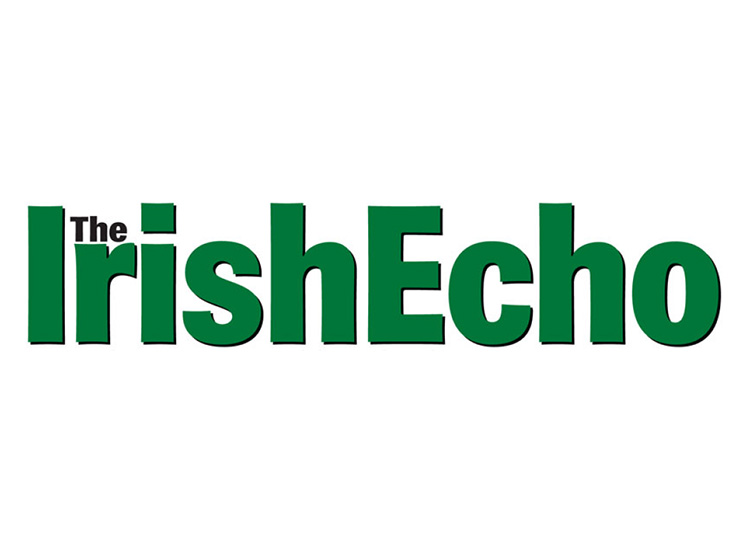By Sean Lehane
Ireland's bank deal with the European Central Bank is an "historic step on the road to economic recovery," Taoiseach Enda Kenny has said.
The Dáil passed emergency legislation in the early hours of Thursday morning which lets Ireland defer by forty years the bill for its most controversial bank bailout.
Under the plan, the debt taken on by Ireland to finance the IBRC - previously Anglo Irish Bank - rescue will be swapped for long-term government bonds.
The original debt was set to cost Irish taxpayers €3.1 billion euros each year for the next 10 years, with the next payment this March.
Repayment of the debt will not now begin until 2038, and will not be complete until 2053.
The interest rate on the new debt has also been cut to three percent from the previous eight percent.
The legislation was voted through after a stormy session in the Dáil where the plans were attacked for their swift timeframe and lack of detail.
Kenny told the Dáil: "The remnants of Anglo Irish Bank and Irish Nationwide - stains on our international reputations and dents to our national pride - have now been removed from the financial and political landscape.
"Their closure bookends a tragic chapter in our country's history. The annual promissory notes payments are gone."
He added: "We have replaced a short-term, high interest rate overdraft that had to be paid down quickly through more expensive borrowings, with long-term, cheap, interest-only loans."
Mr. Kenny said there was a long way to travel back to prosperity. However, he said, it was "a vastly better deal."
Reaction to the move varied from Criticism in the Dáil, praise from ratings agency Standard and Poor's to anger in the streets of Dublin and other cities and towns.
Said the ratings agency in a statement: "In our opinion, the exchange of promissory notes, which the Irish government had provided to Irish Bank Resolution Corporation, for long-dated Irish government bonds, should reduce the government's debt-servicing costs and lower refinancing risk. We believe the success of the exchange increases the likelihood of a full return by Ireland to private financing and, therefore, of Ireland successfully exiting the EU/IMF bailout program, at the end of 2013.
We are therefore revising our rating outlook on Ireland to stable from negative."
Meanwhile, over 100,000 people joined street protests to voice their anger at the huge cost of the Irish bank bailout. Trade unions, which organized the demonstrations, say the European banking crisis has so far cost each Irish resident €9,000 compared to a European average of under €200.
Protesters took to the streets in marches organized by the Irish Congress of Trade Unions in Dublin, Cork, Galway, Sligo, Limerick and Waterford.
The largest event took place in Dublin, where up to 25,000 people gathered.
Speaking in Dublin's Merrion square, Congress General Secretary David Begg said the situation where Irish people were paying 42 percent of the European banking debt burden was not fair. "If you read some papers yesterday you would think we had achieved economic salvation and our problems were over. Nothing could be further from the truth," he said.
"New deal, same problem, 1.8 million people cannot possibly pay off a bank debt burden of €64 billion, especially a debt they played no part in running up. There is nothing fair about this deal."










